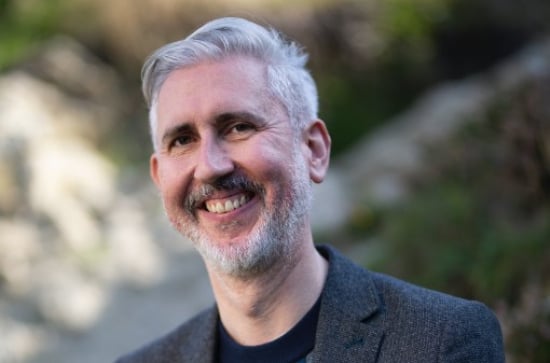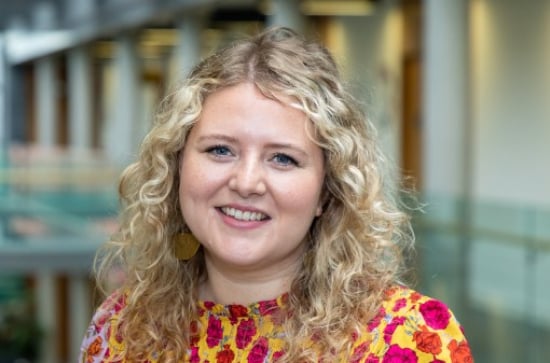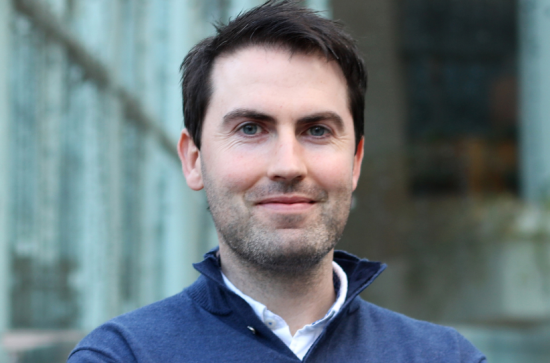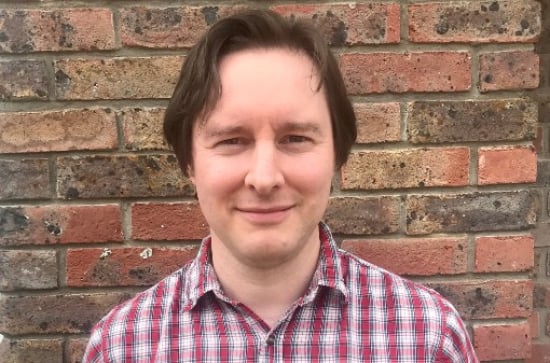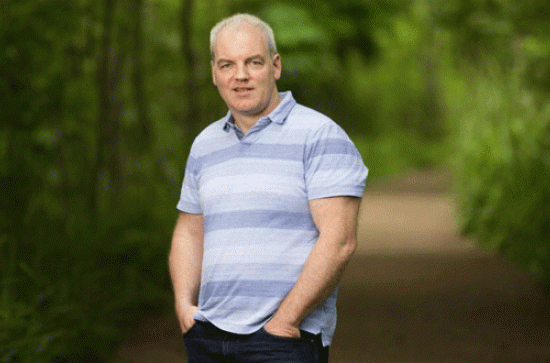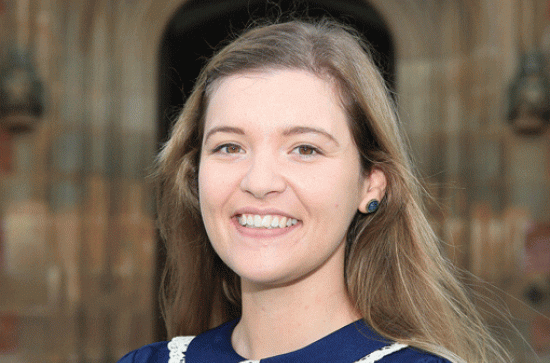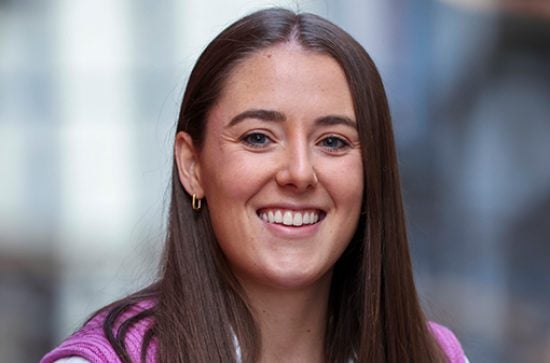Qualification : MASTER OF SCIENCE DEGREE
Award Type and NFQ level : TAUGHT MASTERS (9)
CAO/PAC code : MHW56
CAO Points :
Closing Date : 31 July 2024
The new Masters in Environmental Psychology aims to ensure graduates develop a critical understanding of how our actions shape the world and how our environments impact upon us. Environmental psychology is an interdisciplinary field that focuses on the interplay between individuals and their surroundings. In addition to expert contributions from a range of sub-disciplines in psychology (e.g. cognitive, health, clinical, and research) contributions from geography, biology, digital marketing and environmental science are integral to the programme.
The recognition of the challenges of climate change, biodiversity loss and the UN Sustainable Development Goals provide an appropriate global backdrop to this programme. Key topics include social and climate justice, nature-based therapies and mental health, nature-based solutions and sustainability, ecological and personal thriving, and innovation in our assessment of the environment as a facilitator, shaper and consequence of human behaviours. The Masters also puts environmental psychology in its place locally; highlighting the unique Maynooth Green Campus initiative and other natural assets including the Royal Canal Greenway. EU projects SHAPES on health and smart ageing and GoGreenRoutes on urban health are among the interlinked activities that offer opportunities for knowledge-sharing.
Note: it is expected that a maximum number of 20 students will be admitted to this programme in 2023-24.
Applicants will be required to have a 2.1 (NFQ Level 8 or equivalent honours degree) in primary degree in cognate subject (not confined to psychology). The progamme is suitable for those with a primary degree in psychology or related subjects, but open to applicants from across environmental, human and health sciences and related domains.
Applicants must have a recognised primary degree (NFQ Level 8 or equivalent honours degree) which is considered equivalent to Irish university primary degree level.
Minimum English language requirements:
Applicants for whom English is not their first language are required to demonstrate their proficiency in English in order to benefit fully from their course of study. For information about English language tests accepted and required scores, please see here. The requirements specified are applicable for both EU and international applicants.
Maynooth University's TOEFL code is 8850

Academic

Academic
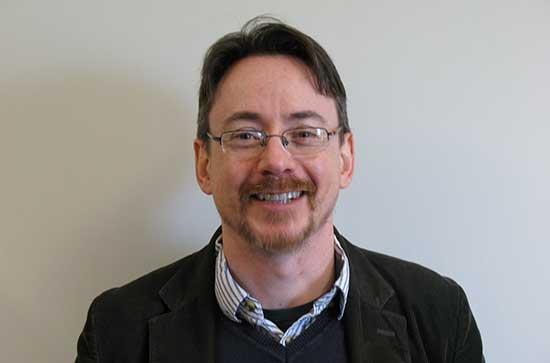
Academic
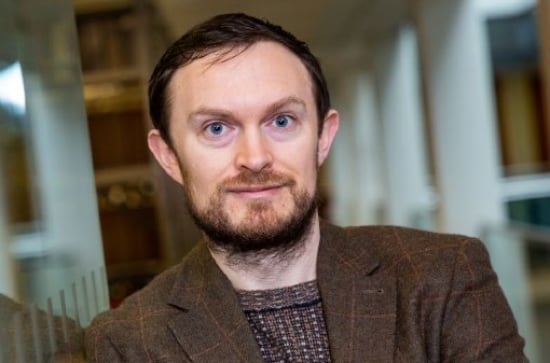
Academic
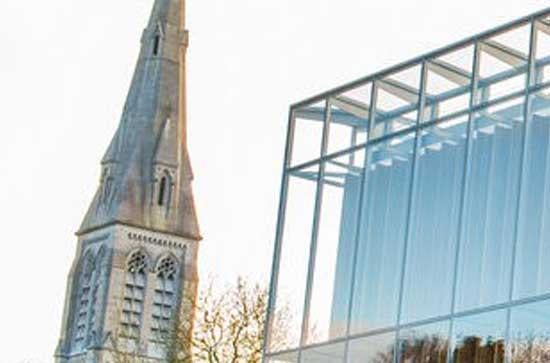
Academic

Academic

Academic
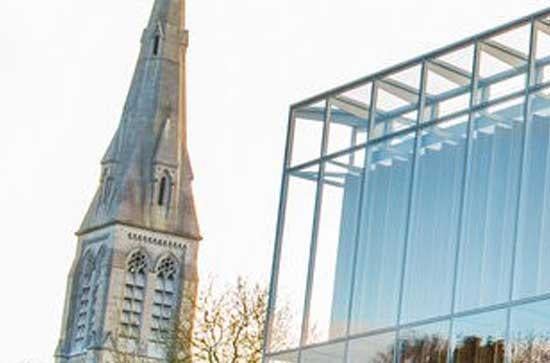
Academic

Academic

Academic

Academic

Academic
This will be a one-year taught programme. Contact hours will be between 9-6 within the standard university week. The students will have lectures, group and project work and undertake a research project or thesis. Modules will be of 5 or 10 credits, with the exception of the Research Project module. The research project will run over the third semester and will be worth 30 credits. In semesters 1 and 2, students will complete 60 credits of taught modules. Primarily these will be lecture/classroom-based activities with some outdoor and on-campus based innovations.
New modules are linked to our ongoing European funded research projects and include the Smart and Healthy Ageing Environments and Research Seminars in Environmental Psychology which connect to SHAPES and GoGreenRoutes, both funded under the European Commissions Horizon 2020 projects. Fundamentals of Environmental Psychology provides a foundation level knowledge in the discipline and includes a problem-based learning strategy. These modules are augmented by further modules focusing on advanced topics and the research project. Existing modules from the departments of psychology and geography with other contributions from across the campus community as guest speakers provide a breadth of learning opportunities.
Several modules will apply a blended approach to readily access international experts via Teams. This both enhances the diversity of available contributors and also aligns with the courses Eco-code (programmes planned commitment to improving their environmental performance, sustainability and efforts to reduce carbon footprint) which will be co-created with the student cohort. All module activities and content will be mapped against the 17 UN sustainable development goals to clearly elucidate the relevance of each aspect of the programme.
Online application only www.pac.ie/maynoothuniversity
PAC Code
MHW56
The following documents should be forwarded to PAC, 1 Courthouse Square, Galway or uploaded to your online application form:
Certified copies of all official transcripts of results for all non-Maynooth University qualifications listed MUST accompany the application. Failure to do so will delay your application being processed. Non-Maynooth University students are asked to provide two academic references and a copy of their birth certificate or valid passport



